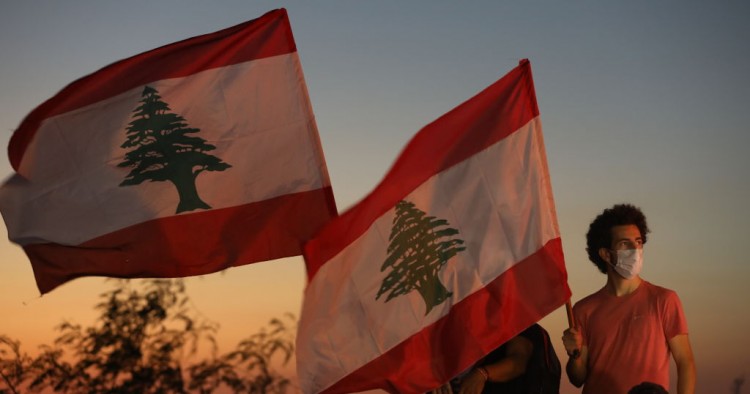Amid converging political, economic, and humanitarian crises, Lebanon has recently doubled down on its climate ambition for the next ten years. In its Nationally Determined Contributions (NDC) submission to the United Nations Framework Convention on Climate Change (UNFCCC), the country has revised both its GHG emission reduction targets and renewable-energy-sourced power generation targets upwards.
Does climate change bear national security implications for Lebanon today? How can climate-proofed infrastructure projects and low-carbon technologies attract investments, create jobs and support Lebanon’s economic revival post-collapse? How will immediate policy choices and renewable energy integration ensure economic growth and shape the future of critical sectors such as energy, water, food, and transportation? What is the role of climate diplomacy and partnerships in achieving Lebanon's climate ambitions? How can Lebanon ensure that its climate policy does not fall through the cracks?
Speakers:
Silvia Crescimbeni
Policy Officer, Middle East, North Africa and the Gulf, European Commission Directorate-General for Climate Action
Jessica Obeid
Independent Energy Policy Consultant; Non-Resident Fellow, MEI
Vahakn Kabakian
Climate Change Advisor and Portfolio Manager, UNDP
Christophe Abi-Nassif (moderator)
Lebanon Program Director, MEI
Photo by Marwan Tahtah/Getty Images












